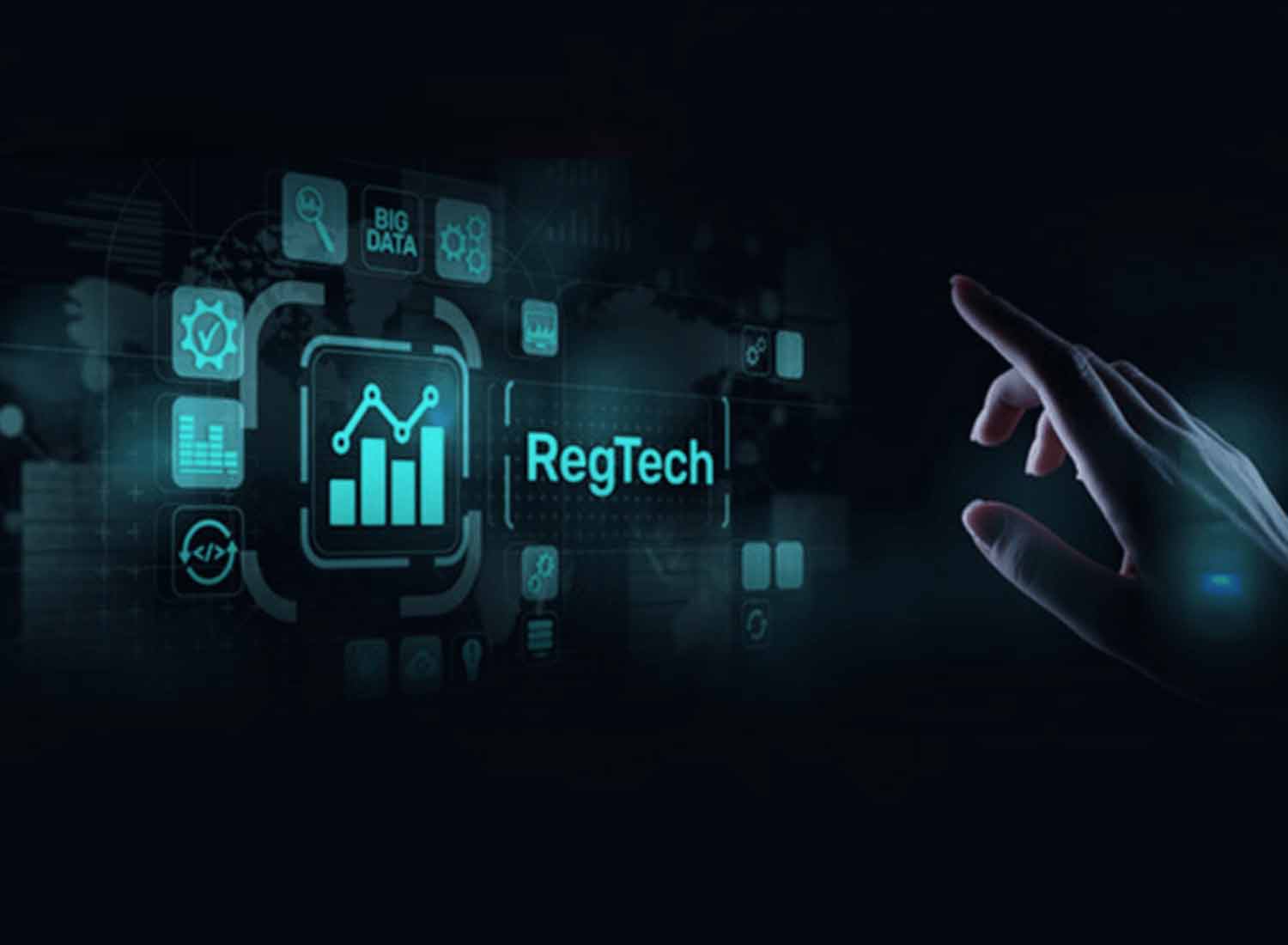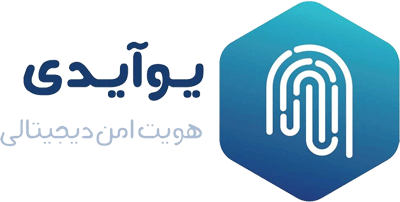What is RegTech?
Regulatory Technology, or RegTech for short, is a subset of Fintech with a bright future.
According to FCA: RegTech is one of the sub-branches of FinTech. According to this technology, to make the law in bankers and other financial institutions by Carter method and more in relation to the existing trends and with the function of modern information technology.
After the financial catastrophe that occurred in 2008, the rules and regulations in the financial sector increased and laws were enacted. Simultaneously with these new rules, the use of innovative technology became important.
Major advances in technology occurred, and FinTech businesses and startups were established as a result of IT products aimed at improving customer satisfaction with financial institutions one after another.
Regulatory agencies were forced to enact laws to protect the privacy of individuals. With increasing regulatory rules, RegTech became more and more needed.
RegTech uses big data and cloud computing to share data with large companies. Cloud computing is a low-cost technology that enables fast and secure sharing of data between individuals. Various RegTech companies have used the tools at their disposal to make up for past inefficiencies.
How RegTech Works
RegTech works by automating repetitive tasks: monitoring transactions, risk, and regulatory changes in real-time; generating reports; and by alerting compliance staff of potentially fraudulent activity.
How RegTech works depends on the type of rules and regulations that govern each region. But it is conceivable that there are units in the field of RegTech whose task is to work on an area called regulatory awareness. They use semantic analysis tools to update regulatory requirements.
Such automation allows compliance personnel to focus on high-value work instead. That augments their roles and increases efficiencies within the organization, while helping it stay compliant with its regulatory obligations.
Many of the same technologies powering FinTech, or financial technology, drive RegTech:
- Artificial intelligence (AI)
- Application program interface (API)
- Big data and analytics
- Blockchain
- Cloud computing
- Machine learning (ML)
- Robotics
- Smart contracts
- Voice and text recognition
The capabilities of RegTech compliance solutions can include regulatory reporting, risk management, regulatory monitoring, identity management and control, compliance, and transaction monitoring.
Regulations in banks and financial institutions posed major challenges that RegTech addressed. Data leaks, cyberattacks, money laundering and other scams have increased these days with the advancement of digital technology. RegTech reduces corporate risk by using big data and learning machines.
The introduction of technology into this field and the use of RegTech have two main advantages for institutions such as banks:
- Significant time and cost savings
- Ability to provide more detailed reports to regulatory bodies
RegTech also has many advantages for regulators, including the accuracy and timeliness of information.
Three of RegTech’s top startups:
- Identity Mind Global: Developer of risk management and anti-theft services for digital transactions
- Trunomi: Obtain purchasing consent to use your personal data in a transparent and accurate manner
- Suade: Assist commercial banks in submitting required feedback reports without disrupting banking design
Regtech startups save companies billions of dollars in regulatory penalties by replacing risk and compliance with state-of-the-art technology. More than 143 million Americans are at risk of financial fraud in the years following Equifax’s cyber security breach, while an estimated 3 million Wells Fargo customers unknowingly stole their digital identities by opening fake investment accounts.
For nearly a decade, the financial crisis has shown everyone how a weak risk management framework and lack of governance can destroy one of the most powerful capital markets almost forever. However, in addition to the major regulatory reform following the crisis, recent events show exactly how vulnerable the industry remains when it comes to hackers, fraud and mismanagement. Looking at the biggest security breaches since the financial crisis highlights some of the effects that major regulatory gaps have had on consumers.
What is the classification of RegTech companies and services?
There is no official classification of RegTech company types. The following are some of the common ones.
- Data management solutions
- KYC solutions (knowing your customer)
- Crisis management solutions
- Record management solutions
- Solutions that help companies manage a specific regulation (such as the GDPR).
- Change management solutions
Digital developments affect every industry, and legal institutions are no exception. In industries that are in dire need of legislation, regulatory technology will help enforce the law. Acting according to the law has many difficulties and costs money. That’s why RegTech is trying to use artificial intelligence to increase efficiency in this area. RegTech also has applications for users, including risk management, identity management, and financial crime detection.
Why is RegTech important?
As mentioned earlier, in the wake of the recent financial crisis that has gripped the en
Financial companies spend a lot of money on software and human resources every year, which is why RegTech is so useful and important to them. Because RegTech reduces and saves company costs. Surveillance technology helps the company reduce law enforcement costs, stay up to date, reduce risk, retain customers for longer, and simplify processes.
With RegTech, we help create a world in which businesses adapt, provide opportunities and wealth without compromising consumer security, and make the world a better place for everyone.
Customer recognition and anti-money laundering laws are very complex and costly for financial institutions. Research shows that 15 to 20 percent of the operating costs of these institutions are spent on management, risk and compliance with the law, of which customer recognition and the fight against money laundering are a large part.
Fight against money laundering
The fight against money laundering is costly for financial institutions, and this is where RegTech comes into play. Surveillance technology using artificial intelligence can detect suspicious transactions and activities and work well together to combat money laundering.
Whenever a suspicious transaction occurs, these systems warn and the company investigates the alert. Of course, about 90% of these warnings do not come true in the end, and this means a waste of money.
Customer recognition
The law came into force in 2012, requiring financial institutions to manage their customer behavior. Knowing the customer means receiving data from the customer that this data must be received before providing services to the customer. Financial services usually make a lot of efforts for the benefit of their customers, which naturally some customers do not deserve to have these services.
The future of RegTech
The point to note is that Ragtek is not only for financial companies. Companies operating in the non-financial sector can also use RegTech to monitor their legislation. But the reason why RegTech has received so much attention in the financial sphere is that the amount of pressure on the financial sector to control and monitor the law, both by the government and by customers, is enormous and not comparable to the non-financial sector. . In the future, RegTech companies are expected to offer solutions in the areas of management, tracking and proofreading. Demand for more advanced reporting capabilities is also expected to increase.











